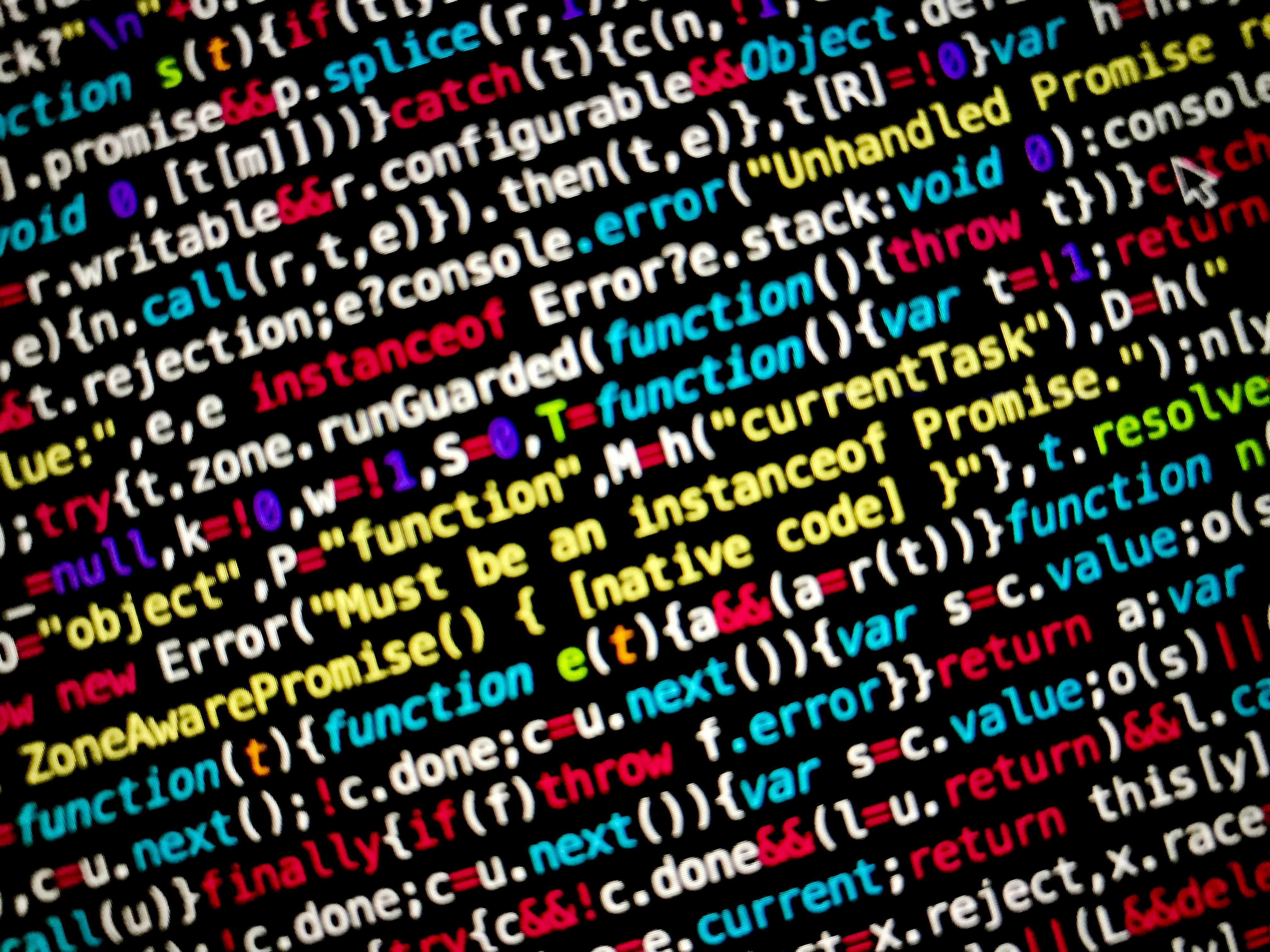Nuclear Chatter Shifts to Oman: The Next Chapter in Iran-US Talks Begins Sunday
Nuclear negotiations between Iran to occur on Sunday
In the ongoing drama over Iran's nuclear program, the upcoming dialogue between Iran and the U.S. is all set for Sunday, as per reports from Tehran. This highly-anticipated meeting is scheduled to take place yet again in Oman, as reported by the Iranian news agency Tasnim, quoting a member of the negotiation team. However, no official confirmation has been received from the U.S. side.
The fourth round of nuclear negotiations, initially slated for May 4 in Rome, has been postponed due to "logistical reasons," according to the mediator Oman. Nevertheless, experts attribute the delay to differences and initial difficulties in negotiating positions. The discussions so far have involved US special envoy Steve Witkoff, Iranian Foreign Minister Abbas Araghtschi, and Omani Foreign Minister Badr al-Busaidi serving as the mediator.
In 2015, Iran made a commitment to substantially scaling down its nuclear program in a deal. This agreement, designed to prevent the construction of Iranian atomic bombs, came with the incentive of lifting sanctions. The pact, however, was abandoned in 2018 by the previous U.S. administration under Donald Trump. Subsequently, Tehran stopped adhering to the agreement's requirements. Trump is now seeking a new deal with the Islamic Republic while simultaneously threatening military action if no agreement materializes.
Insights:
Current Negotiating Positions
- Iran's Position: Iran has maintained its stance on diplomacy while criticizing the U.S. for what it deems "contradictory behavior" and "provocative statements." This includes sanctions on oil and concerns about Iran's support for Yemen's Houthis.[1] Iran aims for tangible relief from economic sanctions and a reinstatement of the Joint Comprehensive Plan of Action (JCPOA), also known as the Iran nuclear deal.
- U.S. Position: The U.S. is pushing for Iran to adhere to the limitations set by the JCPOA, which involves restrictions on nuclear enrichment and development. The U.S. has also imposed sanctions, citing concerns over Iran's regional activities and nuclear program.[1] The U.S. aims to ensure that Iran's nuclear program is solely peaceful.
Potential Outcomes
- Return to JCPOA: The most optimistic scenario involves a return to the JCPOA framework, which would necessitate Iran reducing its nuclear enrichment activities and the U.S. lifting sanctions. This requires both sides to address their respective concerns and achieve an agreeable solution.
- Interim Agreements: Another possible outcome is the establishment of interim agreements or confidence-building measures. These could include temporary freezes on nuclear activities or incremental sanctions relief, aiming to foster trust and pave the way for more comprehensive agreements.
- failure to reach agreement: If negotiations falter, tensions could escalate, resulting in increased U.S. and international sanctions, potentially destabilizing the region further. This situation would likely see Iran continuing to enrich uranium beyond JCPOA limits, causing concerns about a nuclear weapons capability.
- Indirect Talks: The indirect nature of the negotiations, with Oman acting as a mediator and envoys using intermediaries to communicate, could lead to misunderstandings or delays in reaching a consensus.[2]
In essence, while there are encouraging signs of constructive discourse, considerable challenges persist, including the U.S. sanctions and Iran's regional activities. The eventual outcome will rely on both sides' readiness to compromise and address their respective concerns.
- The Commission, in light of the ongoing Iran-US talks, has also been asked to submit a proposal for a directive on the protection of workers from the risks related to exposure to ionizing radiation, given the atomic nature of the negotiations.
- In the midst of war-and-conflicts updates and policy-and-legislation reports, the scheduled meeting between Iran and the U.S. is attracting attention on WhatsApp groups and general news platforms.
- Despite differences and initial difficulties in negotiating positions, both the Iranian Foreign Minister Abbas Araghtschi and the US special envoy Steve Witkoff should explore possibilities for collective decisions in the politics concerning the Iranian nuclear program.
- A potential badr for the ongoing discussions could be the United States' insistence on Iran adhering to the limitations set by the JCPOA, while Iran may push for tangible relief from economic sanctions and a reinstatement of the Joint Comprehensive Plan of Action (JCPOA).
- To ensure a peaceful outcome, both parties in the Iran-US talks should tread cautiously, prioritizing diplomacy over threats of military action, in order to avoid souring the negotiations and increasing the risks of conflict.







